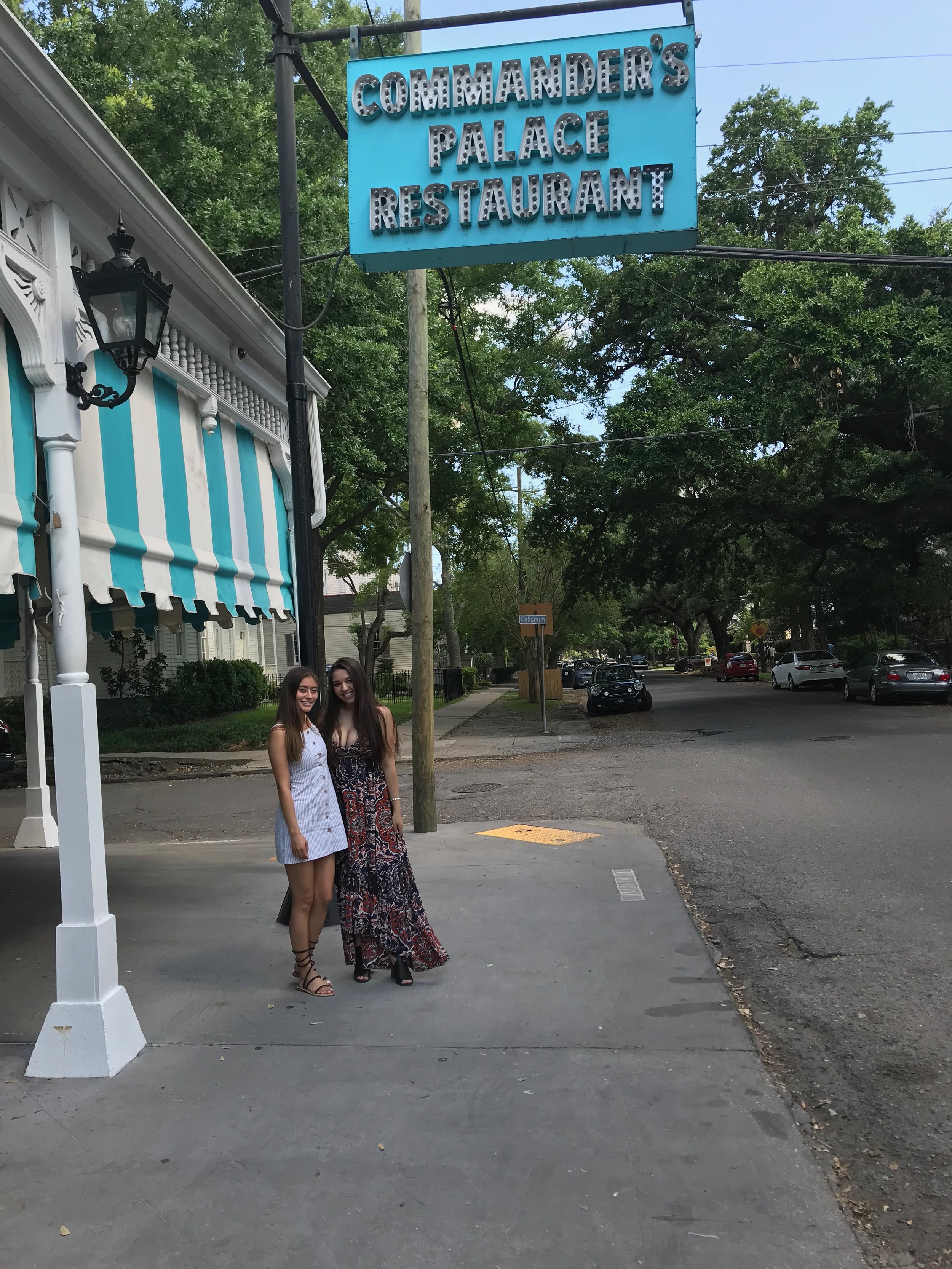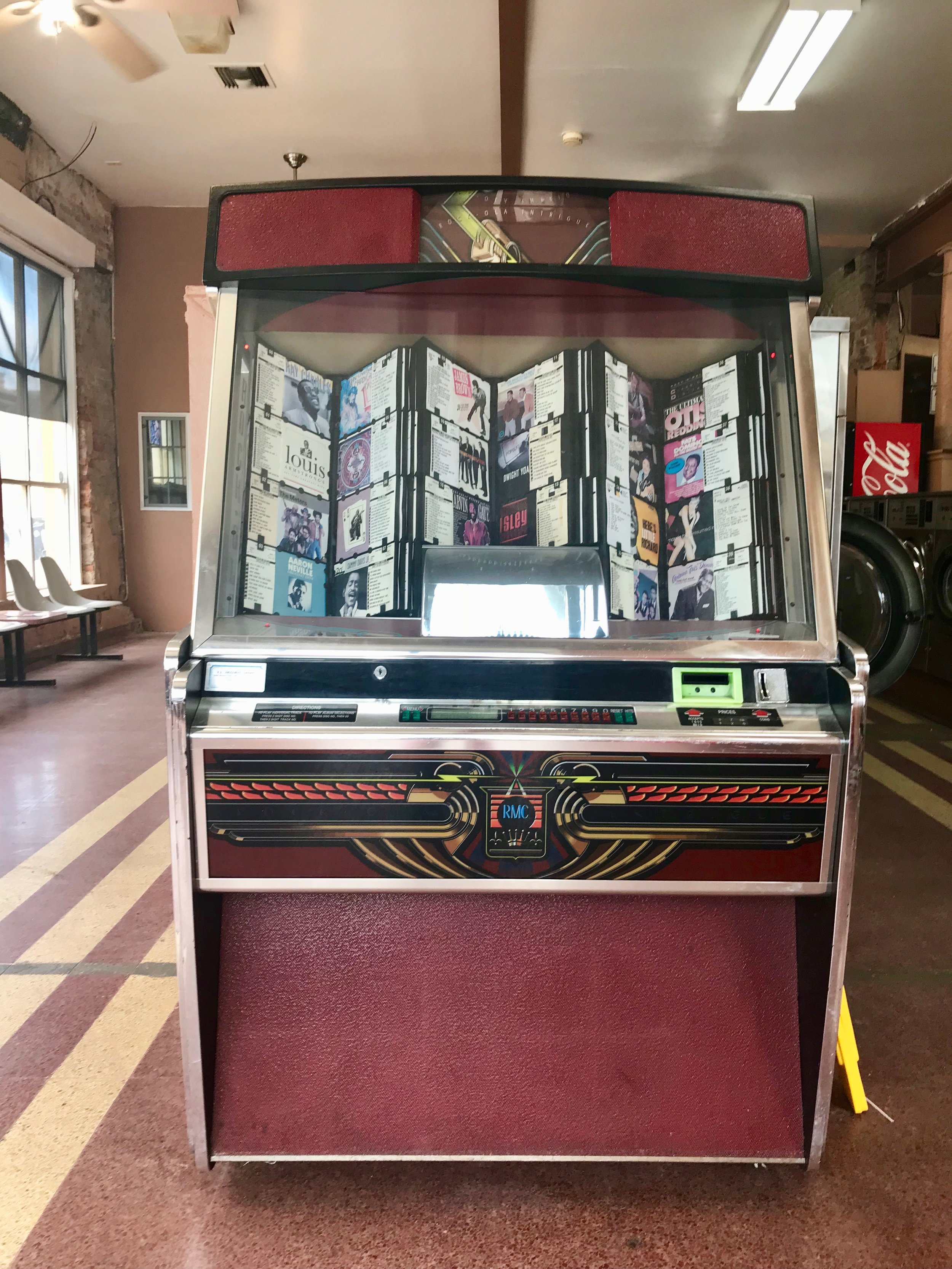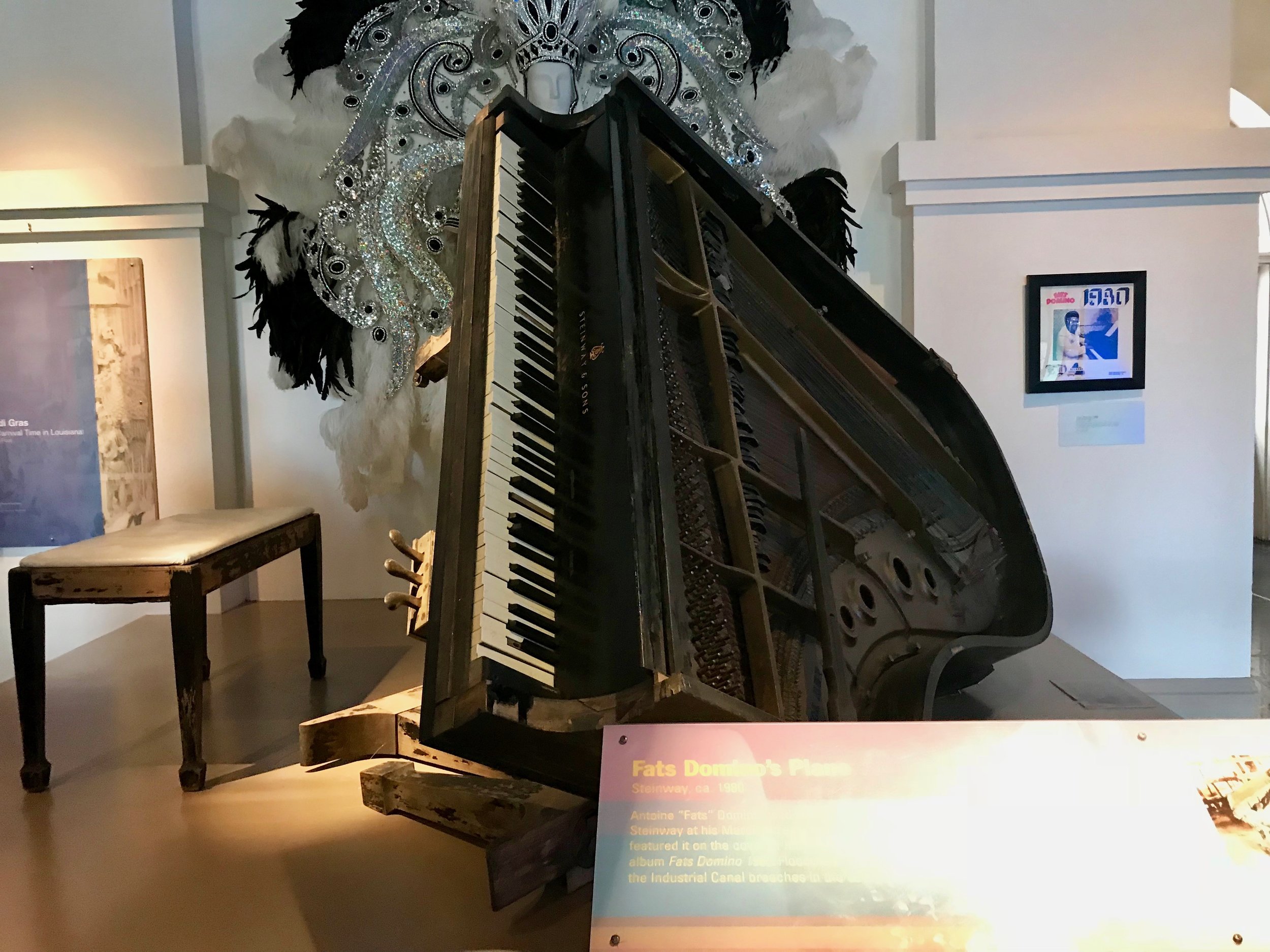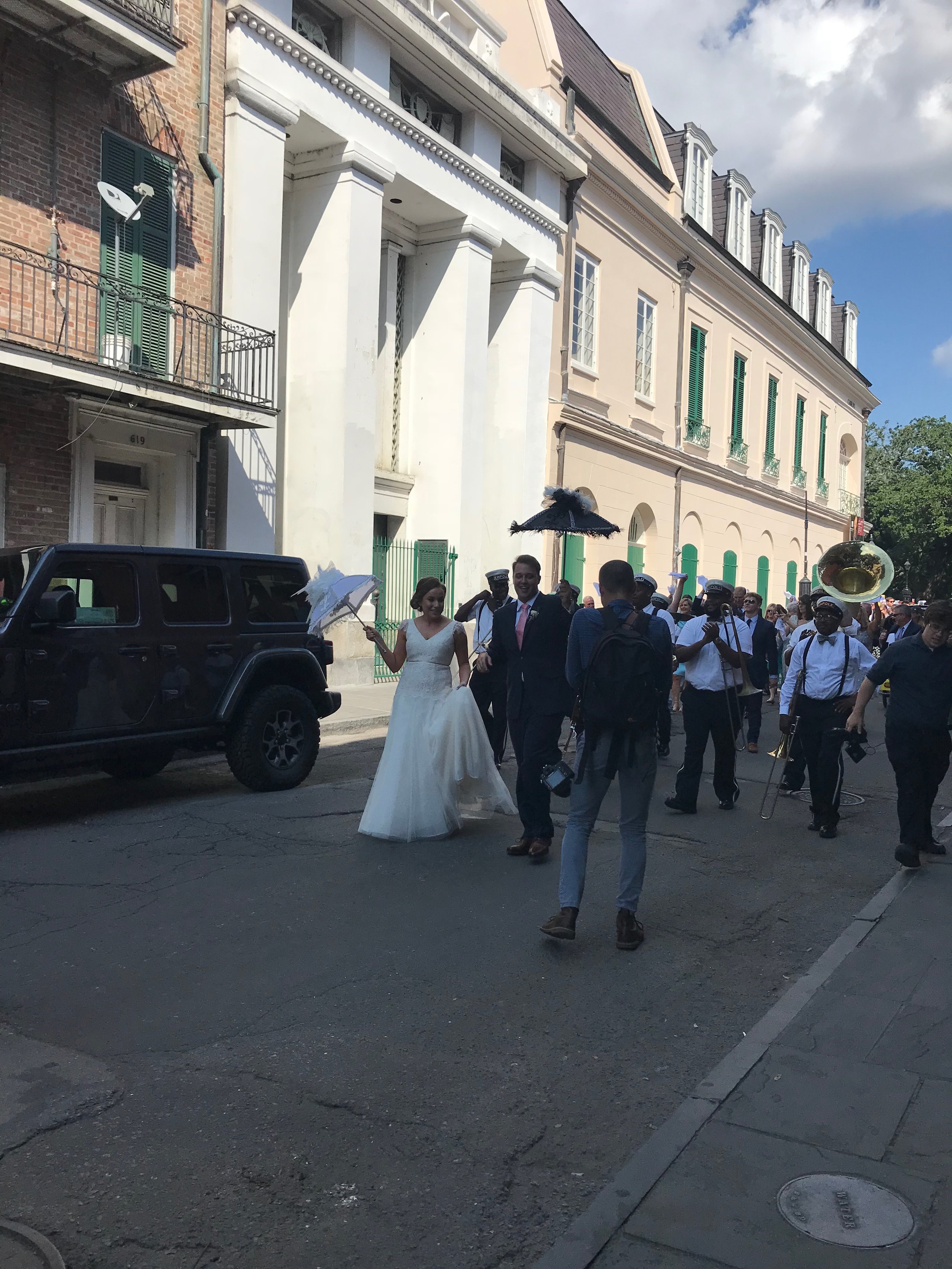I learned how to play the piano when I was three years old. From that moment on, music was always in my life. I have played piano or other similar instruments like the keyboard or the organ for various music groups ranging from R&B ensembles to Latin/Afro-Cuban ensembles. The one genre I always wanted to play piano flawlessly for is one of the most difficult genres to perfect: jazz.
To supplement our class’s discovery of jazz we read Michael Ondaatje’s Coming Through Slaughter, a rather poetic work that uses a surprisingly minimal knowledge of jazz pioneer and cornet player Charles “Buddy” Bolden and his frantic life before suffering from schizophrenia, being committed to an insane asylum and eventually dying at the young age of thirty-one. Coming Through Slaughter focuses on the Storyville district of New Orleans where gamblers and jazz musicians alike flocked and flourished at the beginning of the 20th Century. While the book itself focuses on the darkness of a man’s life in an oftentimes dangerous world, music, and in particular, jazz music, is the thread that weaves the work together.
“Buddy was on stage. Man A shot Man B with a gun, the pianist Ferdinand le Menthe between them leaning back just in time and disappearing before the first scream even bang. Bolden seeing what happened changed to a fast tempo to keep the audience diverted which was almost managed when the police arrived. Tiger Rag.”
As a jazz aficionada I’ve seen my fair share of jazz concerts anywhere from my high school jazz band’s concert at a local jazz club to Herbie Hancock playing at Jazz at Lincoln Square in New York. So naturally I was excited to be able to sit close to the jazz band at Preservation Hall to listen to jazz music in the city that birthed the genre. My favorite song of the set that the band covered was “Tiger Rag”, that same song that Michael Ondaatje describes Buddy Bolden playing in order to calm the audience down a bit, especially since I have never heard this particular song played live. It was both a joy and somewhat haunting to have heard it live for the first time in the same city Buddy Bolden became a legendary jazz icon in.
“He played till his body was frozen and all that was alive and warm were the few inches from where his stomach forced the air up through his chest and head into the instrument ”
Music is a universal language and lies in the heart of New Orleans. In a city like New Orleans that has such a rich and vibrant cultural history, it’s no wonder that jazz music, based heavily on call and response and improvisation as well as cooperation from everyone in a jazz group to create serendipitous music, was born here.
Christina and I were determined to have brunch at the famed Commander’s Palace, and we managed to get reservations for brunch one Sunday. Sunday Brunch at one of the greatest restaurants in New Orleans is called “Jazz Brunch” because a jazz band plays music as restaurant-goers dine. The three-piece jazz group, the guitarist, a bassist and a trumpet player/vocalist came to our table and when we failed to give them our request (in a moment of panic I couldn’t think of a single song) they elected to play the classic “On the Sunny Side of the Street”, a sweet song to accompany our brunch that day.
Music is everywhere in New Orleans from the band at the wedding parade marching through the French Quarter to the laundromat that we went to do laundry at was once a recording studio in the early 1950s and had a jukebox in honor of the music that was once recorded there. It’s amazing to walk virtually anywhere in the city and realize that music is such a big part both the past and the present of New Orleans.
“It was a music that had so little wisdom you wanted to clean nearly every note he passed, passed it seemed along the way as if traveling in a car, passed before he even approached it and saw it properly. There was no control except the mood of his power… and it is for this reason it is good you never heard him play on recordings. If you never heard him play some place where the weather for instance could change the next series of notes— then you should never have heard him at all. He was never recorded. He stayed away while others moved into wax history, electronic history, those who said later that Bolden broke the path. It was just as important to watch him stretch and wheel around on the last notes or to watch nerves jumping under the sweat of his head”






